Post by Willow Coughlan, a Portland State University senior working toward a BA in Psychology and an Interdisciplinary Neuroscience minor. Willow joined several NW Noggin events with students of a variety of ages and backgrounds during Winter 2025.
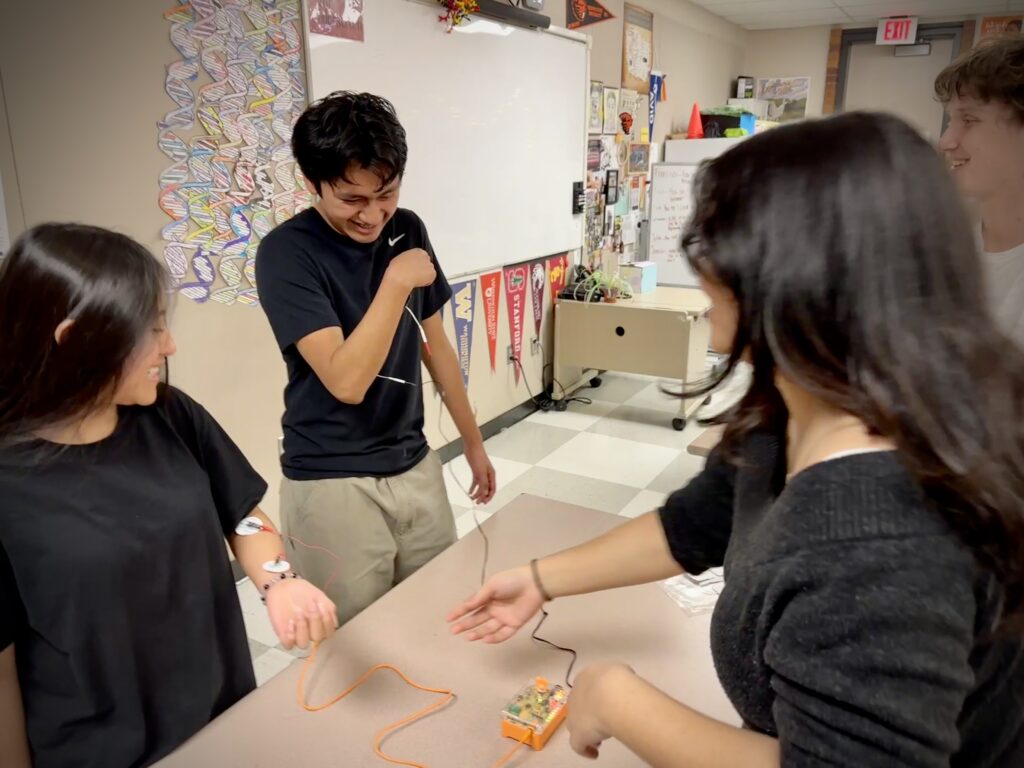
Throughout this winter I have traveled with NW Noggin to public schools around the Portland and Vancouver areas. Together, we have enjoyed opportunities to speak with children of all ages about the brain, its functions, and very often about themselves. Kids across every grade ask questions about their interests, their dreams, but they notably often focus on aspects of the brain that affect their own lives.
LEARN MORE: What is outreach like?
What Am I Doing Here?
I have been in teaching positions before, and each time I cannot help but think of the weight of my, or in this case our, responsibilities.
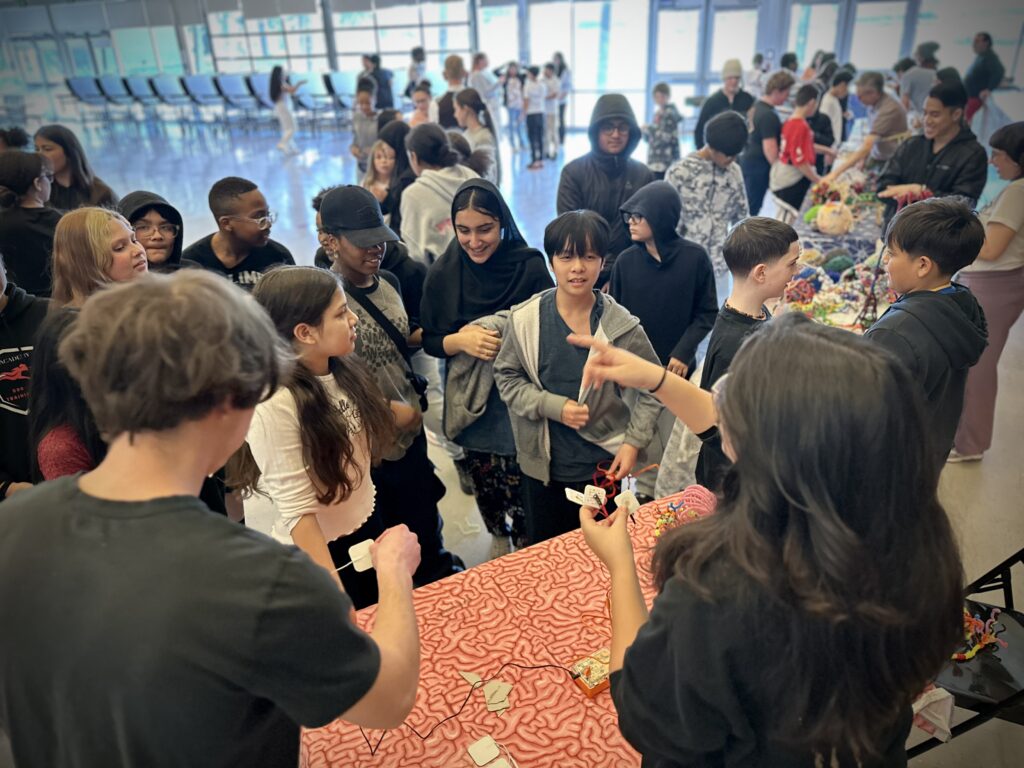
To attend classes of children, many eager to learn, and attempt to answer questions with integrity, honesty, and understanding has felt incredibly important from the moment that I began to do it.
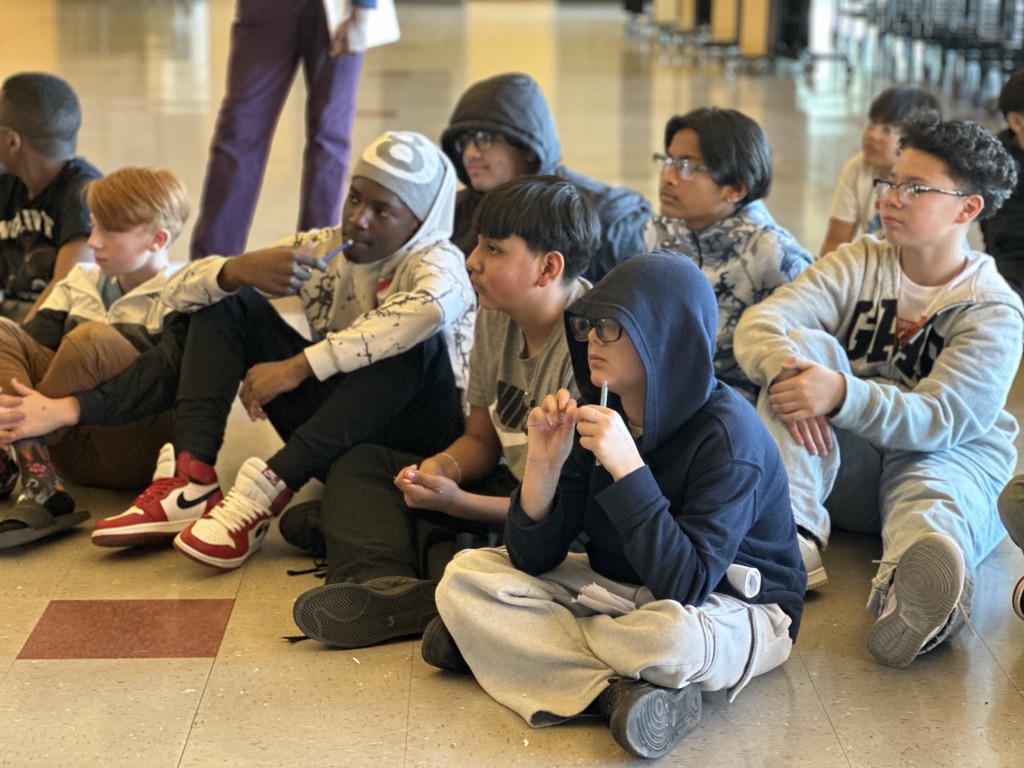
Early in my experience with NW Noggin, I stood in front of two fifth-grade classes at Vancouver’s Sacajawea Elementary School and all I could think about was what to do with my hands.
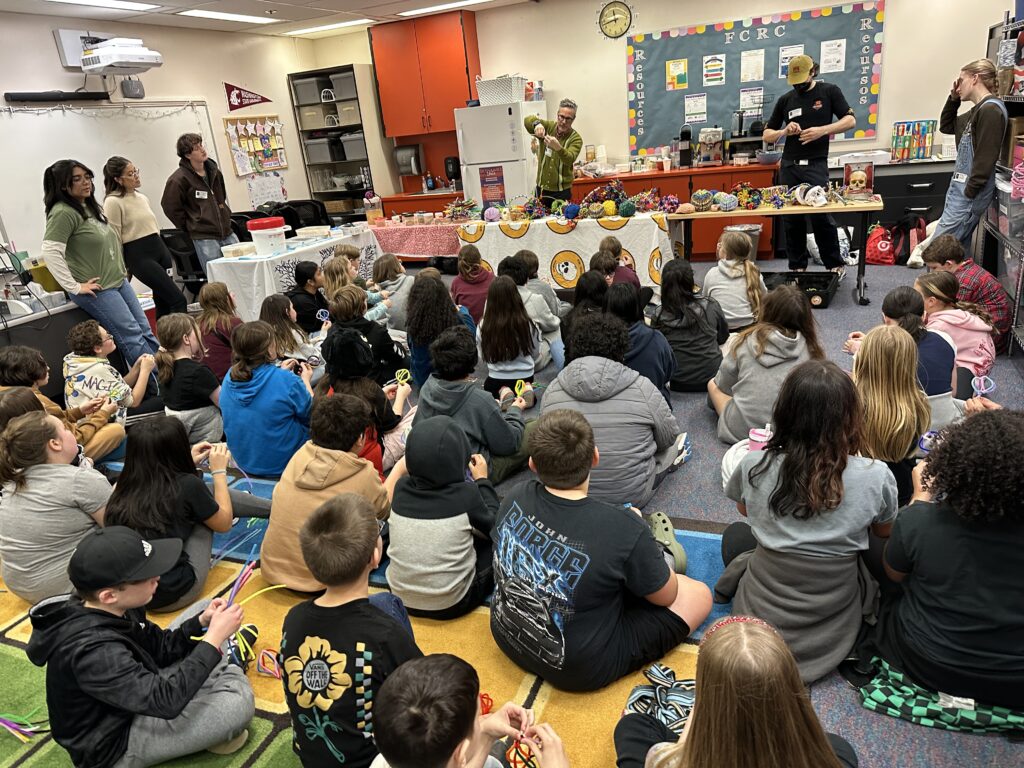
How do I seem professional? How do I appear as though I belong at the front of the room, talking with a sense of authority that I am unsure I deserve? How do I ensure that I am enough for the children in front of me?
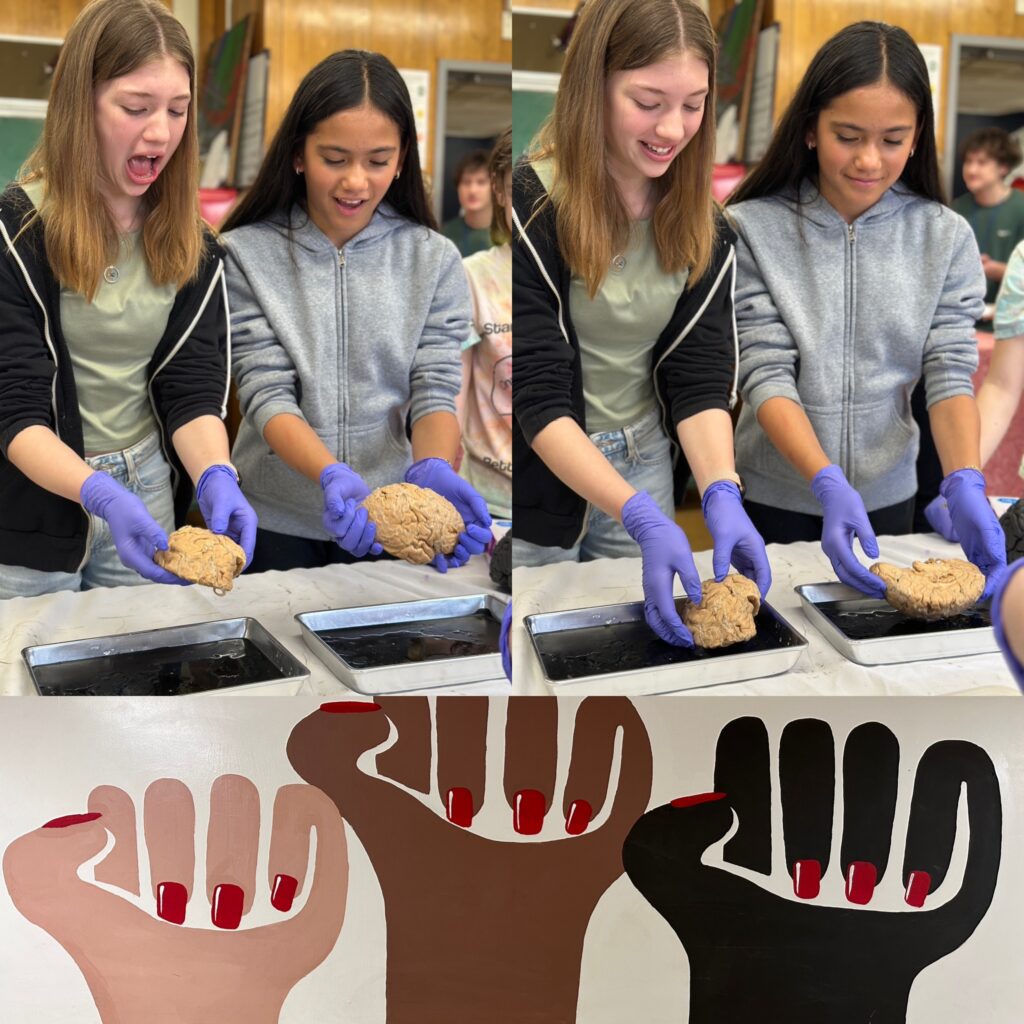
LEARN MORE: Imposter Phenomenon
LEARN MORE: Prevalence, Predictors, and Treatment of Impostor Syndrome
A set of eyes in the crowd drew me out of my head, her gaze laser-focused on one of my colleagues as he talked to the room about his experience with ADHD. The little girl sat on the floor and – unlike many of the other kids – she was completely still, clinging to his words as though they were precious. In that moment, I watched her see a reflection of herself in him and her future in his words. When he finished, she asked him questions so quickly that the words were practically tumbling from her mouth.
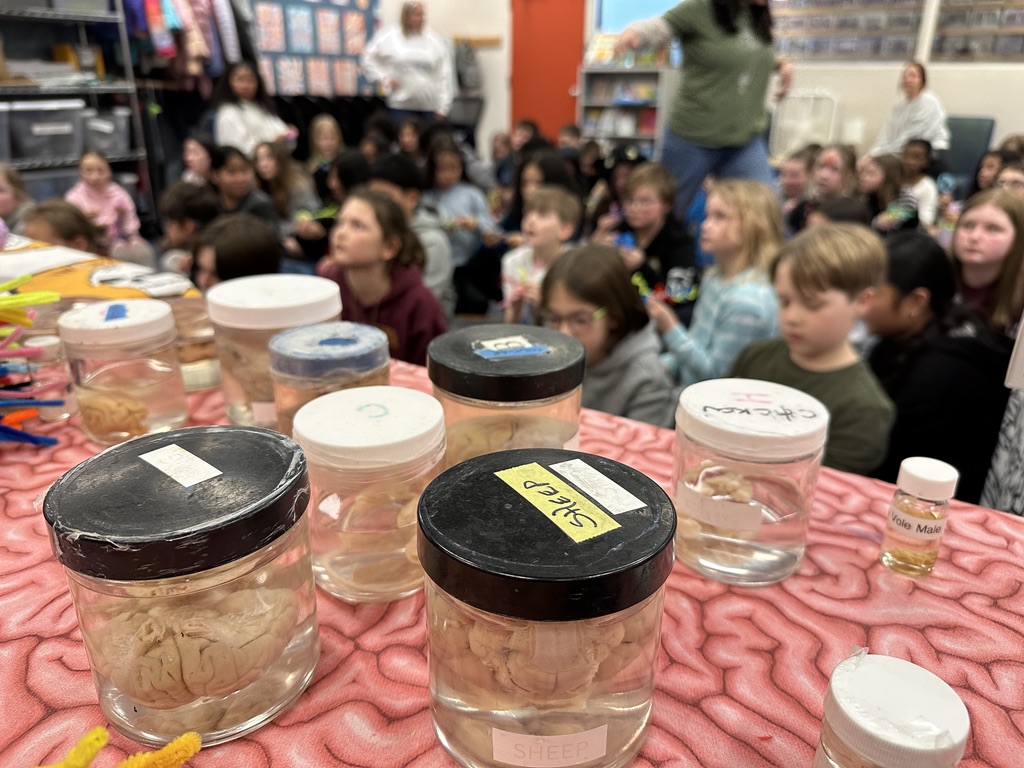
It clicked then that, more than teaching about the brain, we were in classrooms to give students answers about their own minds, their own conditions, and their own futures.
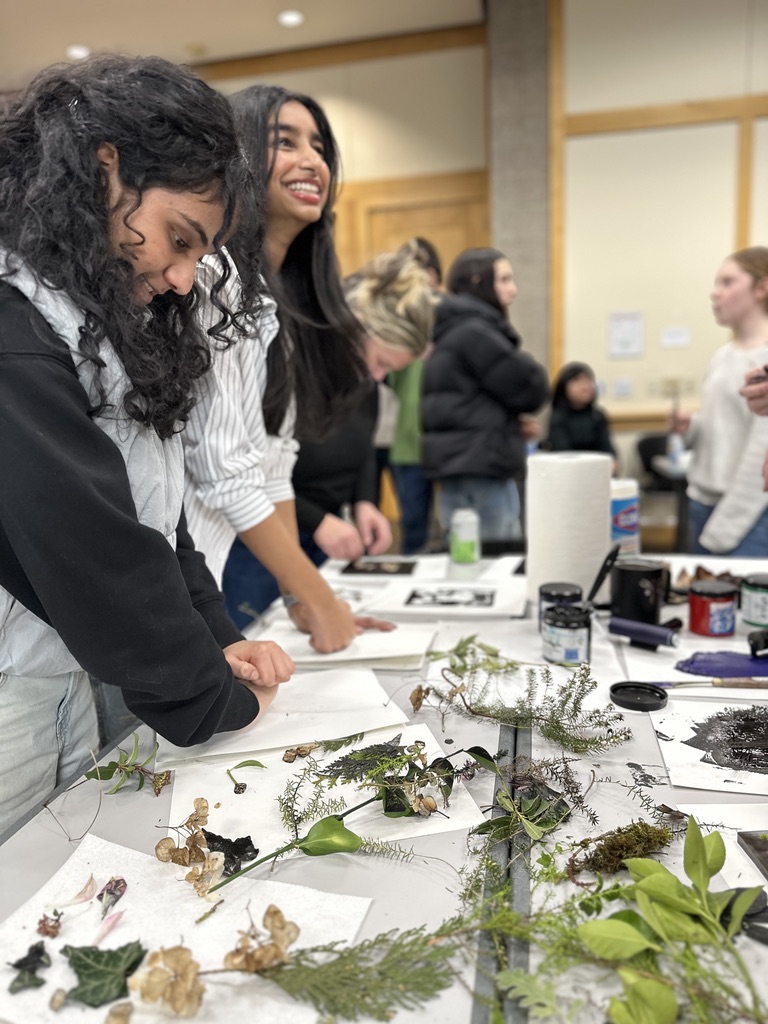
Scientists Aren’t Pretty
As long as I can remember, the sciences have fit right into my life.
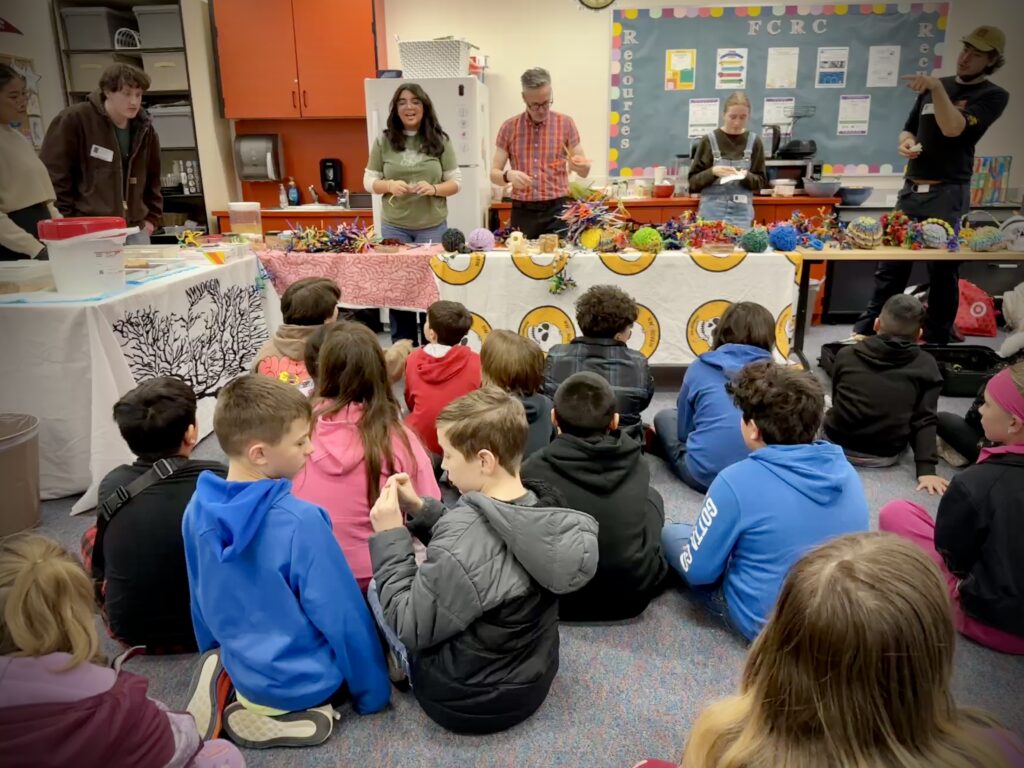
At eight years old, I began telling anyone who would listen that I wished I could be an astrophysicist. At that age, I was certain of two things: that I loved everything about all sciences and that scientists cannot be pretty. My textbooks taught me about Albert Einstein’s hair and Isaac Newton’s apple while my TV showed me Neil deGrasse Tyson’s flying spaceship. There seemed to be many paths through the science fields, but none with room for girls; especially not ones with my features or my skin.

As I grew, I did my best to leave those feelings behind.
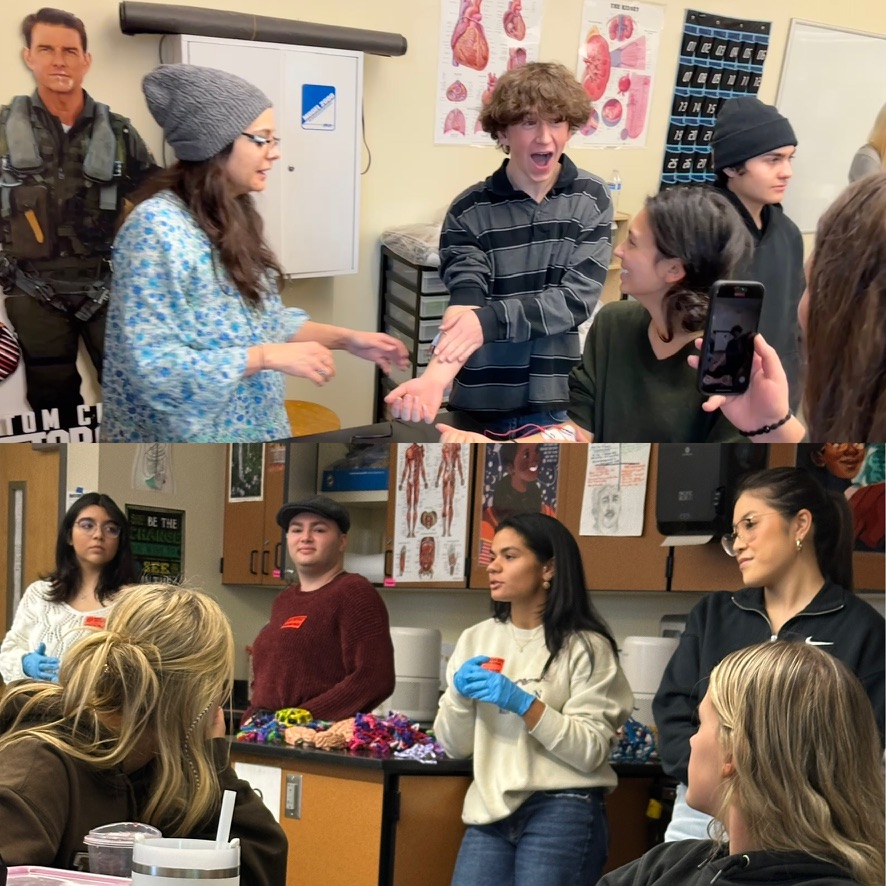
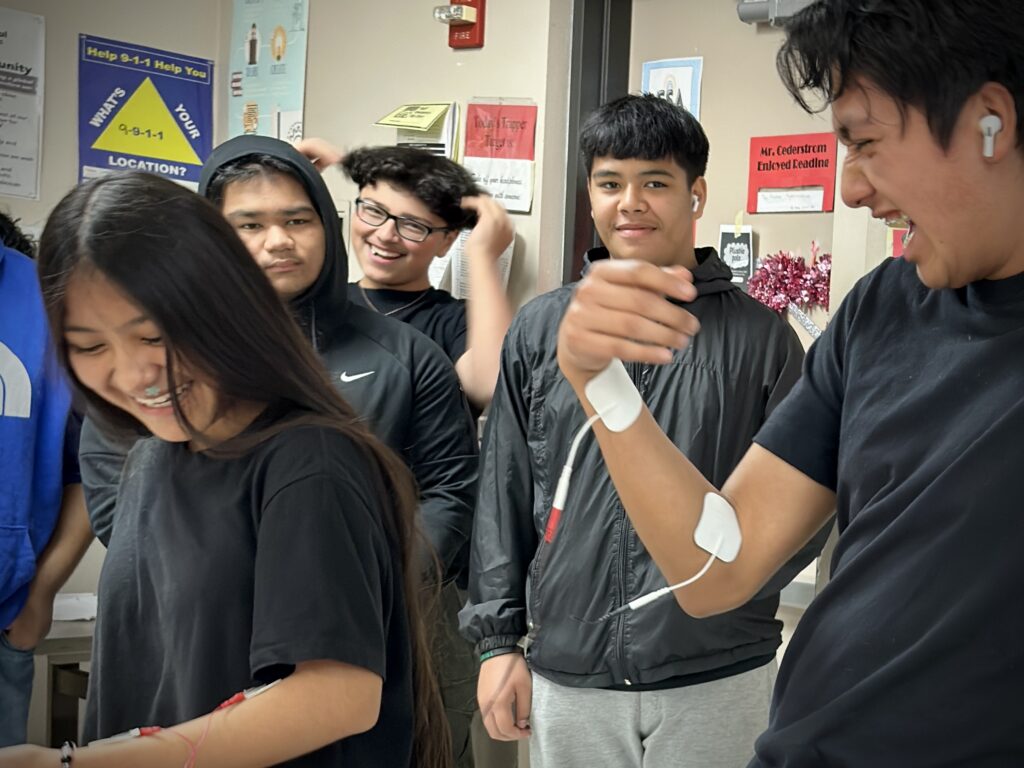
I, like most girls, understood by my early teens that the unequal treatment of girls versus boys in academics is often harmful, and that those prejudices are unfounded.
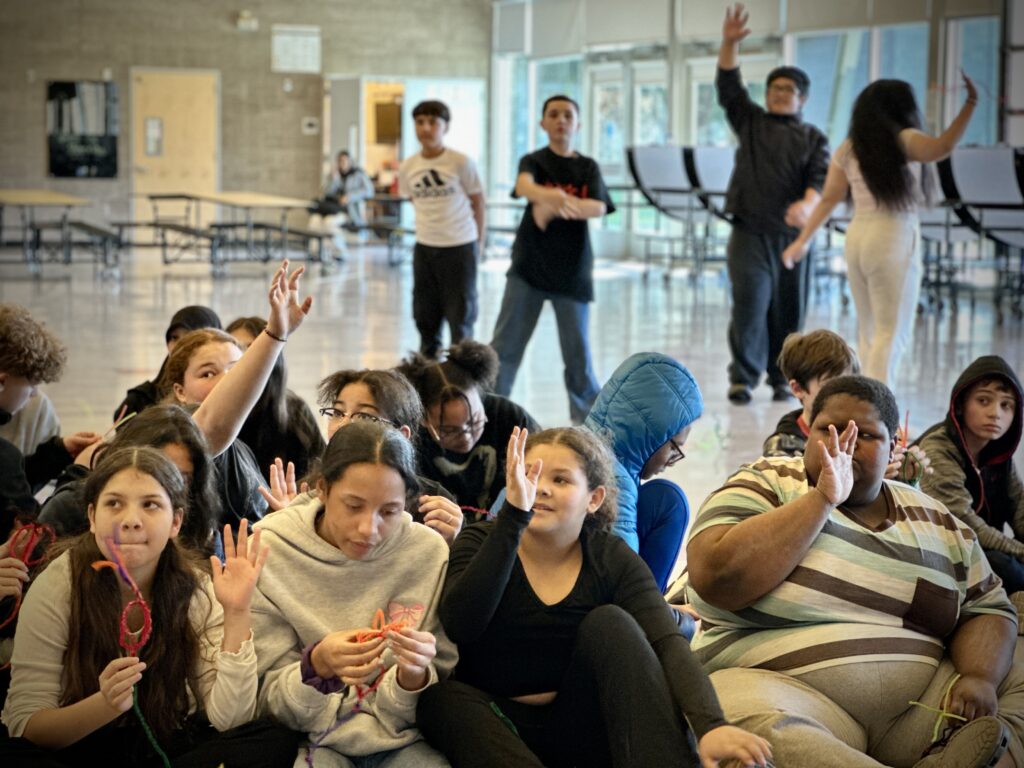
However, comments and smirks and sidelong glances stick like barbs in the skin and tend to sting over the years. I have spent most of my life feeling as though I need to prove that I belong, prove that I am intelligent, prove that I can study just as much and be as ‘good enough’ as any man. I did so with the support of fellow students and female science teachers, who I realize now, likely saw themselves in me as much as I searched for myself in them.
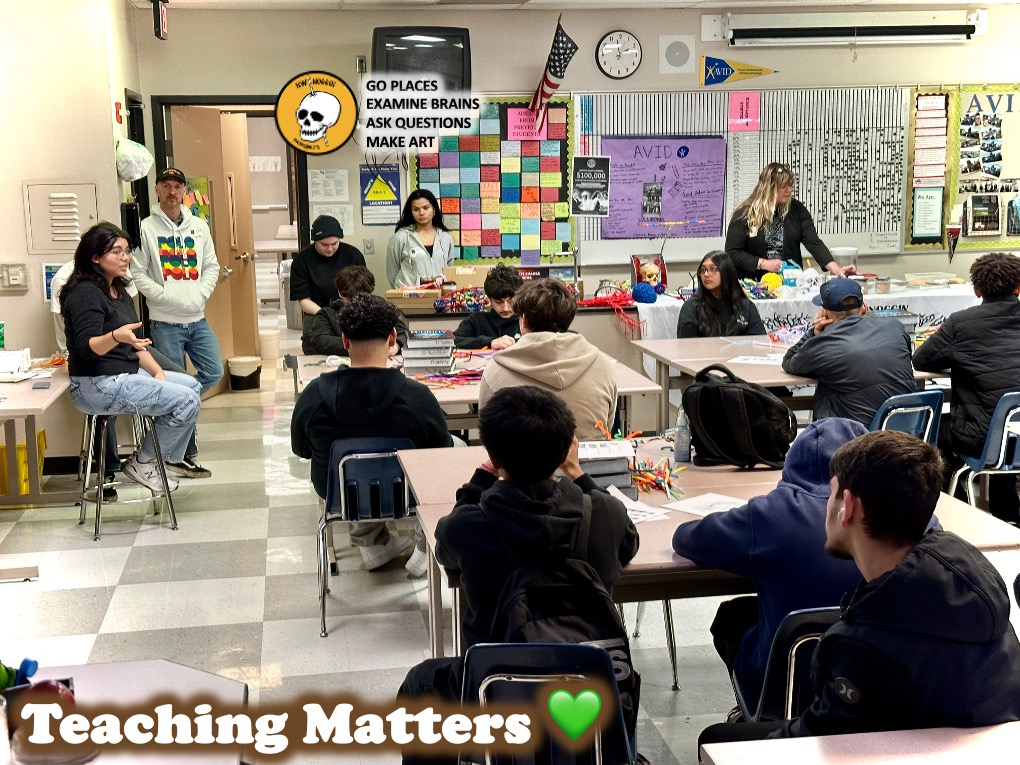
LEARN MORE: Gender in Science, Technology, Engineering, and Mathematics
LEARN MORE: Gender bias in academia: a lifetime problem that needs solutions
LEARN MORE: A scientist like me: demographic analysis of biology textbooks
LEARN MORE: Facing Racism and Sexism in Science by Fighting Against Social Implicit Bias
LEARN MORE: Sexual harassment is rife in the sciences, finds landmark US study
LEARN MORE: Science under Siege during Trump’s First 30 Days
Silent Connection
Standing in the Sacajawea Elementary School classroom, looking at that little girl, I recalled a Tiktok video I had seen the night before. A woman was talking about her experience as a young lesbian in a public high school and her goal as an adult to live her life being the role model that she would have needed as a child. Her words, “Be who you needed back then,” played on a loop in my mind as I watched little girls shyly attempt to build neurons out of pipe cleaners, some of their hands hesitant as though awaiting permission to show excitement about our lessons.
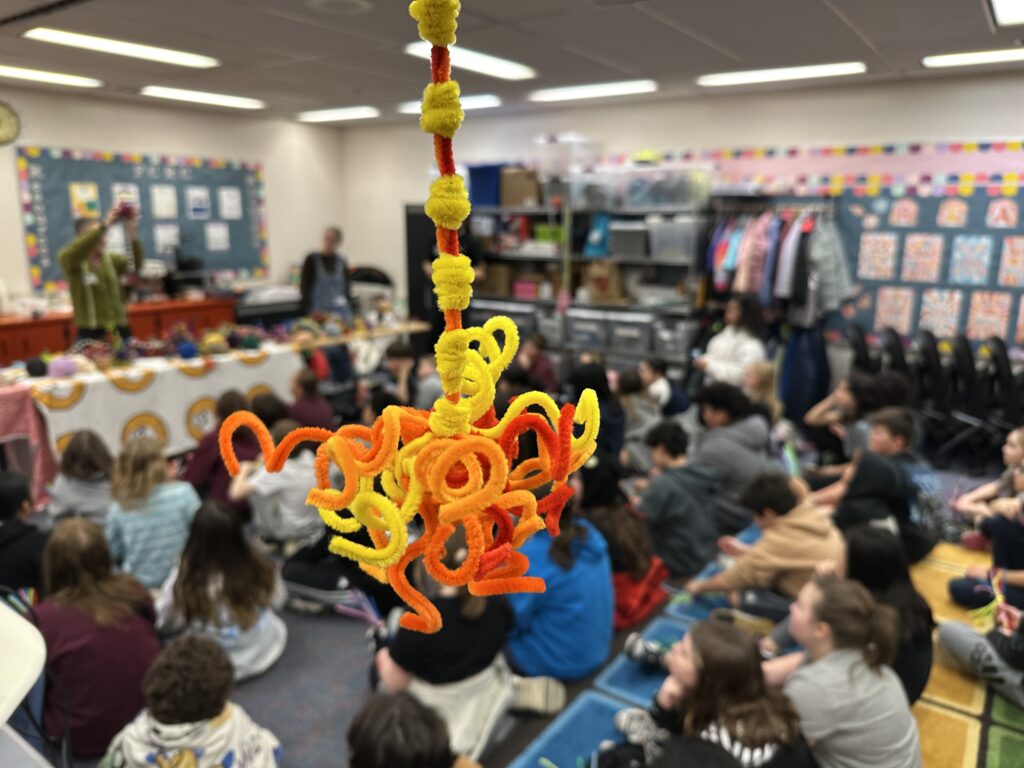
Another little girl in the very back of the classroom caught my eye as I wandered through the seated crowd, looking for kids in need of a little extra help. Her hair and skin were dark, like my own, in a way that made her unique among her peers.
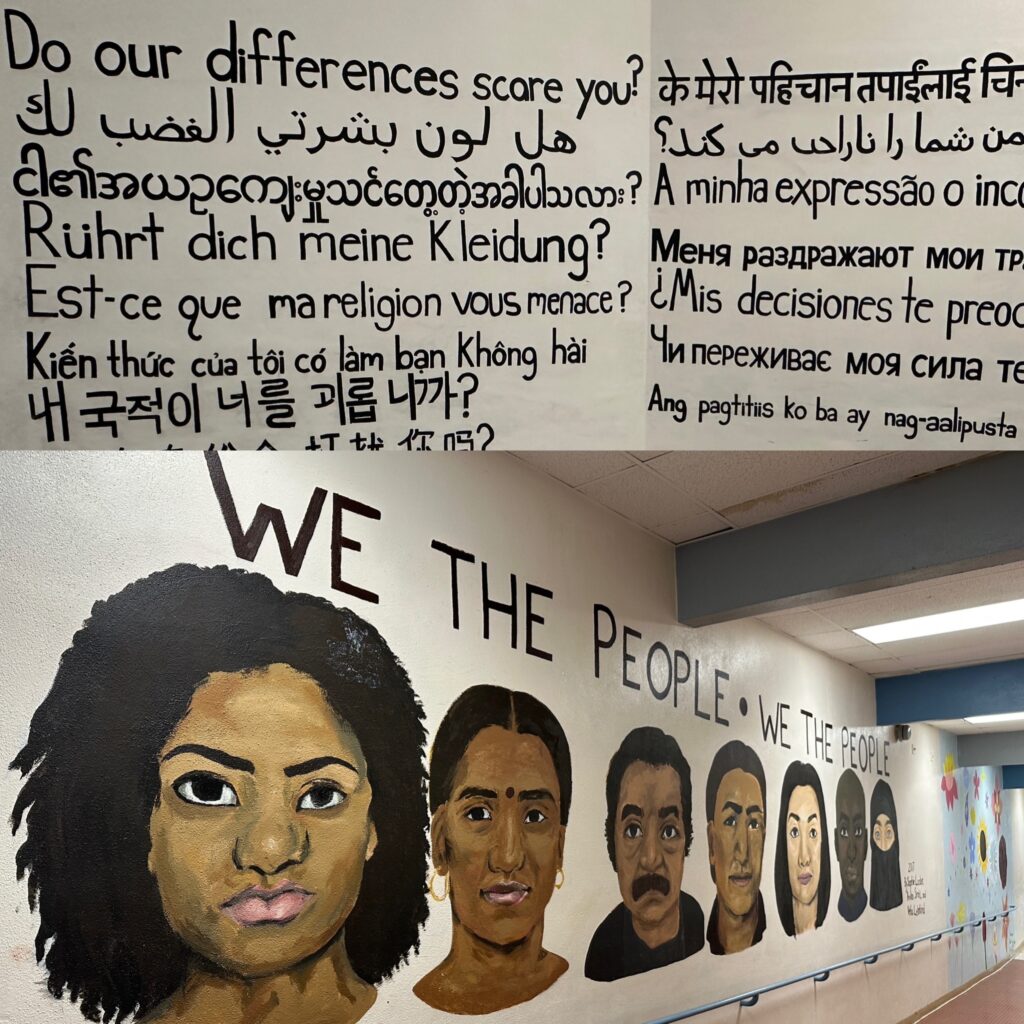
I had been that girl. How rare it had been, for my younger self, to see a woman of color proudly and openly showing her femininity, her intelligence, and her passion for learning.
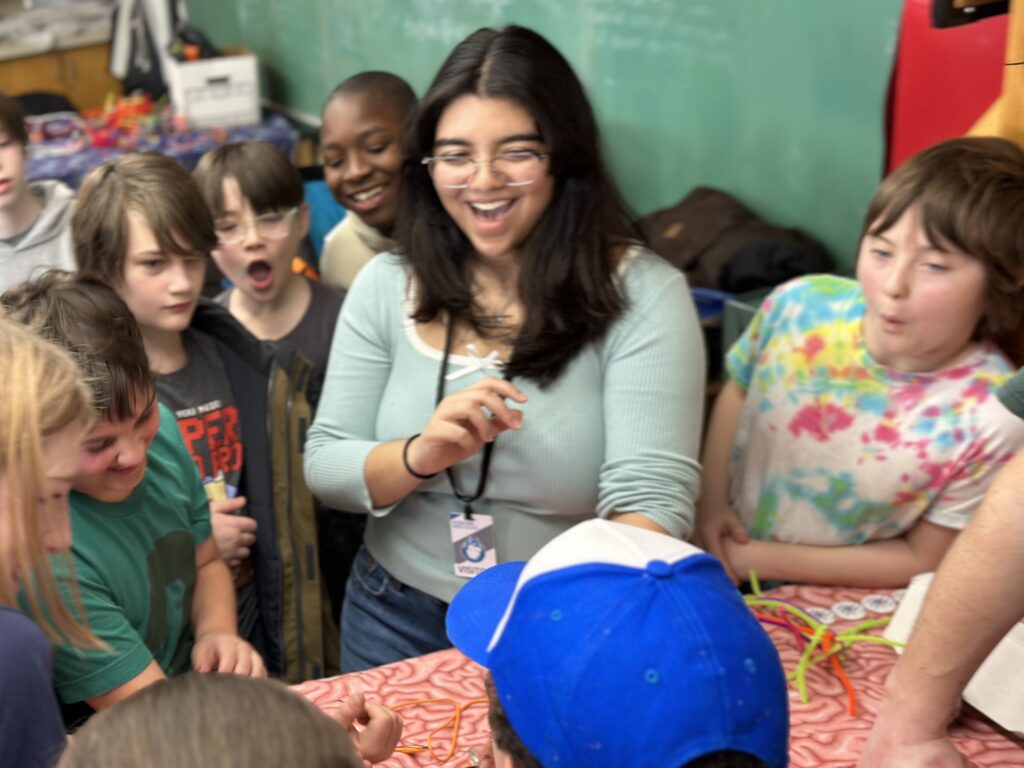
LEARN MORE: Brain hacking is electric!
Be who you needed back then.
“If you want to change the future, start living as if you’re already there.” –Lynn Conway
Suddenly, standing at the front of the classroom was no longer about deserving authority. It was not about the professionalism of my hands or my stance or whether I am enough.
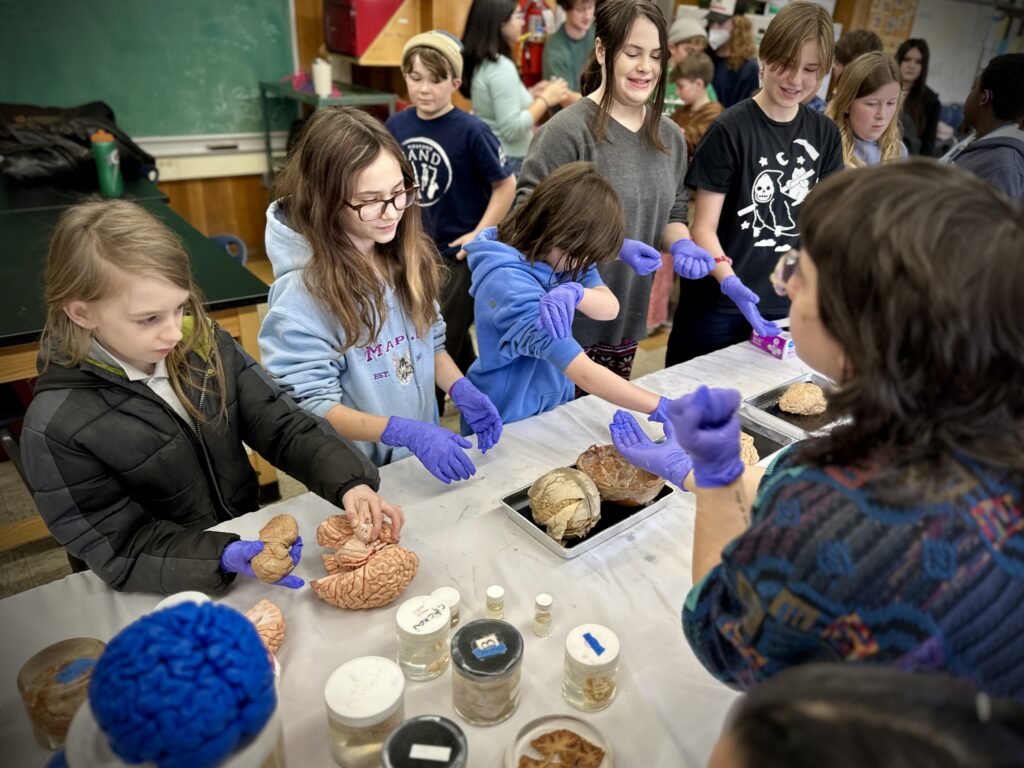
I stood there and talked about the science that I love, hoping to show the little girls of the future that science is absolutely beautiful and so are the women who study it. That there is room for them to be pretty and kind and intelligent and passionate without shame.
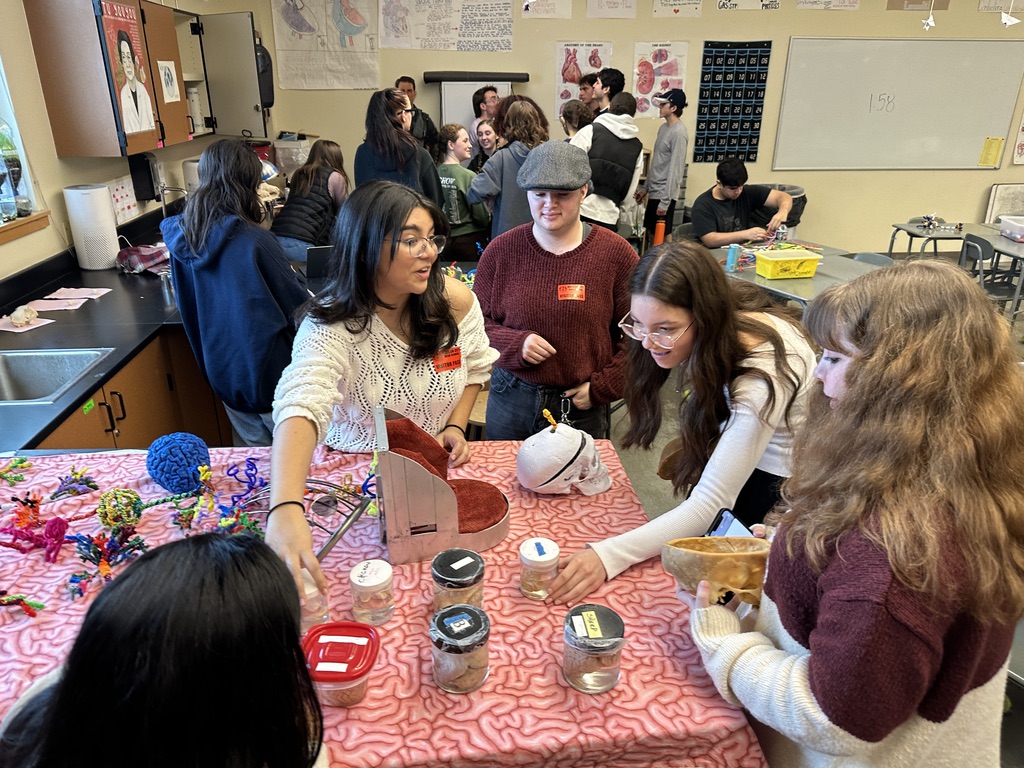
My femininity does not detract from my ability as a researcher or an aspiring neuroscientist, and if my presence during outreach can help just one child feel that way about themselves, it is enough.
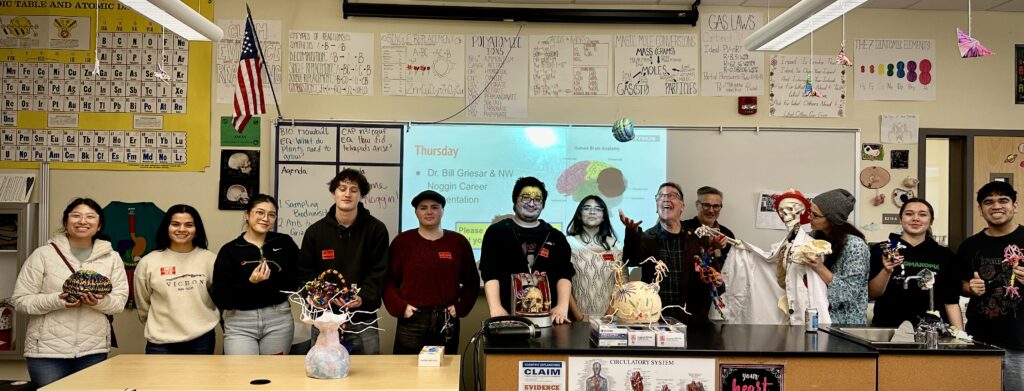
“With men you’re expected to do well and get the support, but for females, you have to sacrifice something in a different way from men… I think it’s very important for other women to see that I have had success.” –May-Britt Moser
LEARN MORE: Science benefits from diversity
LEARN MORE: Celebrating Diversity and Inclusion in Science Education
LEARN MORE: The Science and Value of Diversity: Closing the Gaps in Our Understanding
LEARN MORE: CREATING A MULTICULTURAL LEARNING ENVIRONMENT IN SCIENCE CLASSROOMS
LEARN MORE: Diversity: Why Is It Important and How Can It Be Achieved?
LEARN MORE: Women who changed science
As we were finishing our lessons for the day, a student waited near the door, lingering behind the rest of her class. When I looked up, she wrapped her arms around my waist and said “I hope I get to see your pretty face again” (!!) and I saw myself in her, a little girl searching for women to love science with me, just as I hope she saw herself in me.



